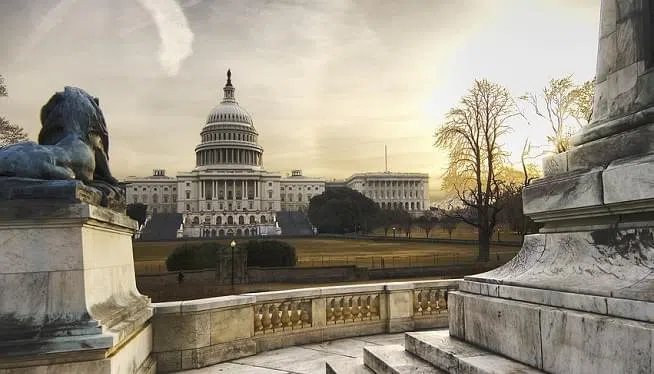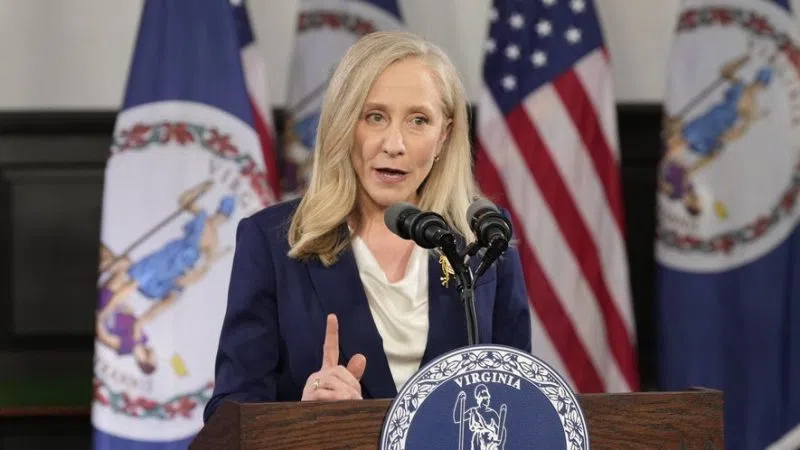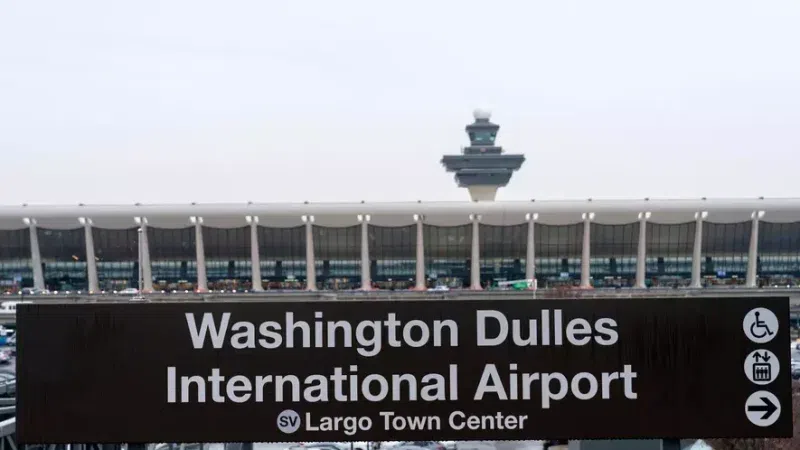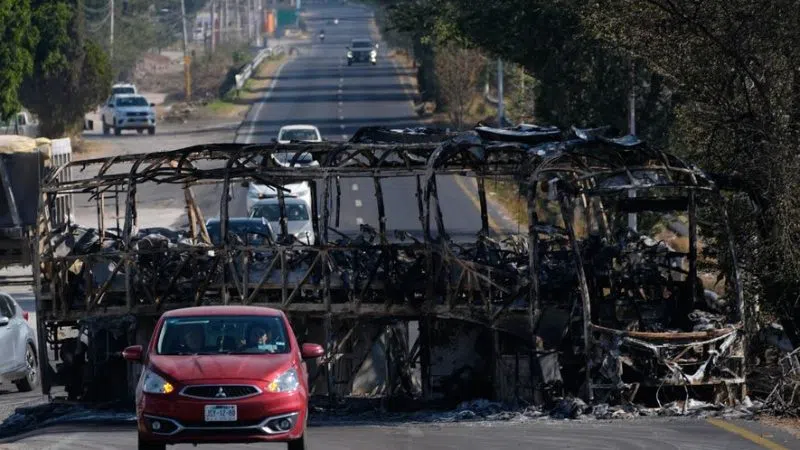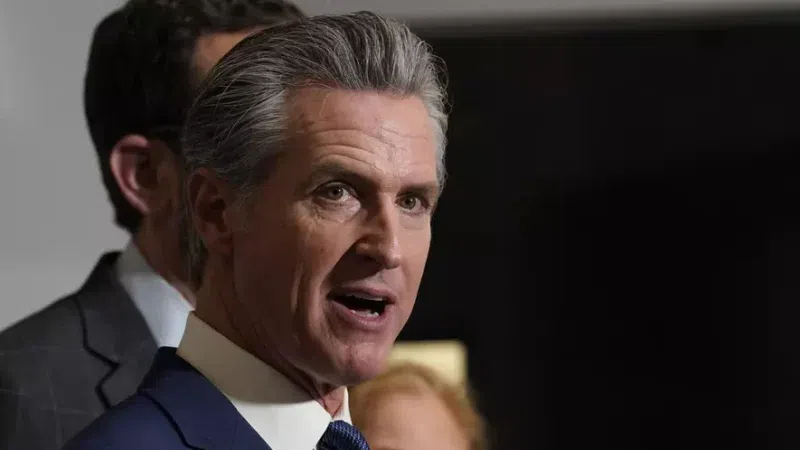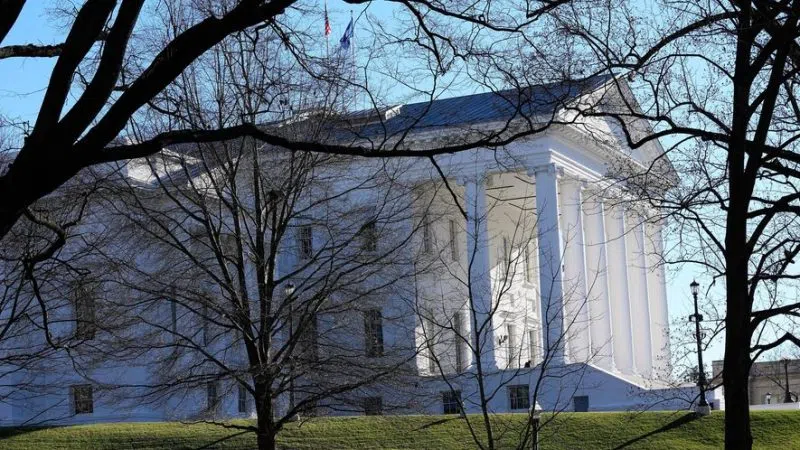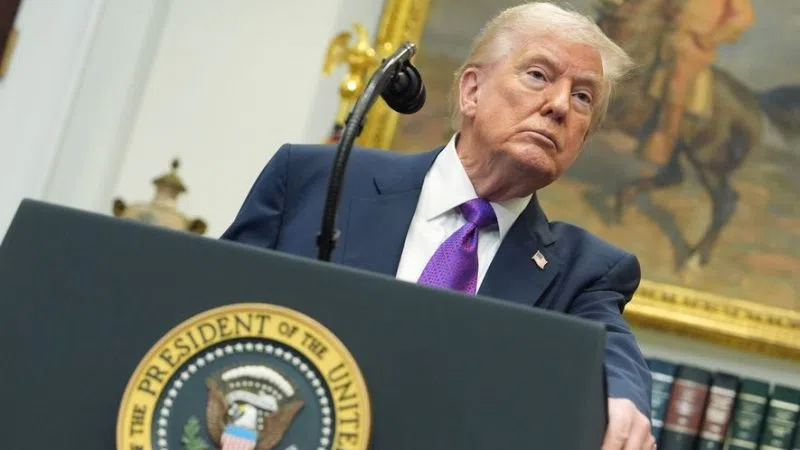WASHINGTON — For 12 grief soaked days, it felt like something was different this time, that the massacre of 17 people at a Florida school and the activism of teenagers who survived it would force a rethinking of America’s relationship with guns.
The push for change quickened over the weekend as powerful cries for gun law reform from the kids who escaped the rampage rang in the nation’s ears. Delta Air Lines, United and Avis Budget Group joined a growing list of powerful firms that severed ties with the National Rifle Association. And a CNN/SSRS poll showed 70% of Americans want tougher regulation of firearms.
But as soon as Washington got back in the game Monday, it looked a lot more like business as usual, as a push for new regulation and significantly strengthened background checks appeared to lose political momentum.
As lawmakers filtered back to the Senate and the House, to what many appeared to view as an unwelcome new debate about guns, it became clear that political realities on the Second Amendment were as locked in as ever.
There is plenty of talk about serious action, notably from President Donald Trump, who promised to “turn our grief into action.”
[van id=”tv/2018/02/26/lead-phil-mattingly-live-jake-tapper.cnn”]
First lady Melania Trump, meanwhile, praised the “children across this country using their voices to speak out and create change.”
But there was even more evidence that the political constraints that have frozen the gun debate remain as strong as ever.
And experience shows that however deep the pain and the shock of a mass shooting, the more time that passes without serious action, the less likely a significant change in gun laws becomes.
Trump vows there will be action
Still, Trump promised that if the Congress did not act, he would, pledging to outlaw bump fire stocks, the devices that can make semiautomatic weapons replicate the rapid firing rate of machine guns. The move would have done nothing to stop the school tragedy — though bump stocks were used by the shooter in the Las Vegas massacre last year.
Trump called for steps to “harden” US schools to protect them from shooters, and he backed “strong” background checks to stop a “sicko” getting a gun.
He seemed to be ready to fight the NRA. But he also revealed he had lunch with NRA chief Wayne LaPierre on Sunday, who launched a diatribe last week accusing those who want gun control of plotting a socialist takeover.
A GOP source close to the White House told CNN’s Pamela Brown that Trump was “extremely anxious” to get something done and expected to see some action in the next few weeks.
The White House is looking at expanding background checks to sales at gun shows and at making them more “efficient,” and is also looking to include private transactions, the source said.
If Trump can get that done he would win credit even from gun control advocates who want more done.
But there must be extreme skepticism that any such move could make it through Congress, where pro-Second Amendment Republicans dominate.
The source also said it would be much longer before there is action on another idea Trump raised last week but has since stopped talking about in public: raising the age that someone can buy a long gun from 18 to 21.
A key GOP congressional source told CNN’s Jim Acosta on Monday night that the President was “moving back” from upping the age requirement.
Given the paucity of details from Trump and the sometimes contradictory nature of his remarks, it did not immediately appear that he was about to offer the crusading style of leadership that would be needed to grant his fellow Republicans political cover to jolt Congress into significant action.
In fact, he distracted from the debate when he predicted that he, unlike one sheriff’s deputy in Broward County, would have run into the school even without a gun to rescue kids.
And he repeatedly called for the return of mental institutions so authorities could “nab somebody” who might carry out a mass shooting, an idea that enjoys little political support on Capitol Hill.
Congress signals more of the same gridlock
Still, the White House did announce that Trump would meet lawmakers on Wednesday to try to forge a way forward. Meetings of Republican caucus members on Tuesday will be closely watched to see whether there is any change in the weather on guns.
But early evidence on Capitol Hill suggests it will be tough to pass anything much stronger than a bill known as Fix NICS, which would require states and agencies to do more to include records in the National Instant Criminal Background Check System.
Even an attempt to bring up that bill with dispatch failed when Sen. Mike Lee, a Utah Republican, blocked a bid by GOP leadership to pass it without debate.
That measure is far short of the call for “universal” background checks on gun purchases demanded by Senate Minority Leader Chuck Schumer.
Anything less than that bill, the New York Democrat said, would be an “abject failure and dereliction of duty” in the wake of the Florida killings.
But top Republican Sen. John Cornyn of Texas suggested that universal background checks would not be legislatively possible.
“I’m for doing what’s achievable,” he said. “If they want to get bogged down again and do nothing, to me that’s unacceptable.”
Although Schumer is calling for more action, he gave no sign Monday that he is ready to expose his corps of the 10 senators in Trump-won states up for re-election this year to tough votes on measures that would ban assault-style weapons, a plan backed by some more liberal members of the Senate.
Some Republicans signaled, meanwhile, that hopes of rising the required age for purchasing long guns and even banning bump stocks probably will not fly.
“I’m not very enthused about those,” said Sen. Orrin Hatch of Utah.
Sen. John Kennedy, a Louisiana Republican, said he was not minded to deprive 18-, 19- or 20-year-olds of their constitutional rights to bear arms unless they were convicted felons or mentally ill.
“I don’t think we need more gun control,” he said. “I think we need better idiot control.”
But Sens. Pat Toomey, a Pennsylvania Republican, and Joe Manchin, a West Virginia Democrat, tried to forge a way forward for their bill on universal background checks that failed to pass in 2013, after the Sandy Hook school massacre.
Manchin expressed hope that the fact that a Republican now lived in the White House could reassure some GOP lawmakers.
“The reason we were not able to get the support we needed was because they were afraid President Obama would go further. Well, they’re not having that fear with President Trump,” Manchin said. “It’s really up to him.”
The-CNN-Wire™ & © 2018 Cable News Network, Inc., a Time Warner Company. All rights reserved. (PHOTO: CC0 Creative Commons via Pixabay)
